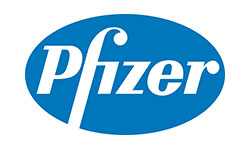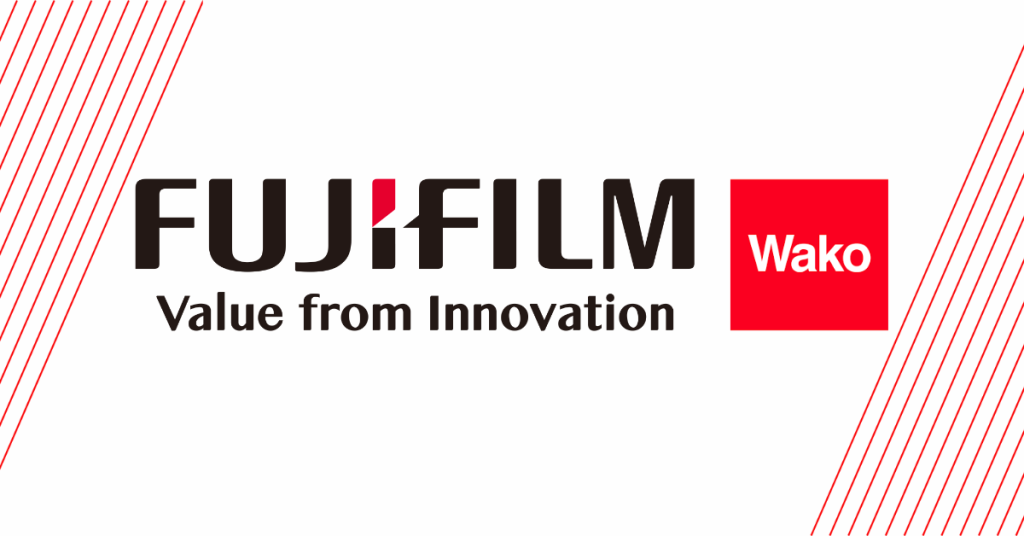In recent years, fungal infections have taken on an increasingly important role in the field of infectious dieases, especially in immunocompromised terrain: organ transplants, patients suffering from AIDS or hematological malignancies, heroin addicts, subjects receiving innovative immunotherapies… Many fungal infections can be nosocomial and contracted during a hospital stay. On the other hand, in the era of massive intercontinental trade and mass tourisme, imported fungal infections from tropical origin have spread considerably in our northern latitudes.
Significant diagnostic and therapeutic progresses have been achieved, but the public health burden of fungal infections remains significant. In order to face the epidemiological changes and the complexity of the management of these diseases, the SFMM is currently concentrating its efforts in four fields of action
The SFMM organizes annually a congress gathering all French-speaking mycologists. This event takes place in a university town, in Ile-de-France or in the provinces, in France or overseas, which changes in turn. The exchanges are fruitful and always friendly. Foreign personalities are frequently invited.
The members of the SFMM also have the opportunity to meet outside of national congresses. For example, in 2014, two thematic days were organized on aspergillosis serology and the quality approach in medical mycology. Others have been organized on the harmonization of antifungal tests, dermatophytosis or the diagnosis of pneumocystis (thematic days).
Also, several scientific events are now organized by the SFMM in partnership with some friendly learned societies, such as the French Society of Microbiology (SFM) on the occasion of the RICAI congress or webinars, the mycological societies of Morocco, Algeria and Tunisia for the Journées franco-maghrébines de Parasitologie-Mycologie (JFMPM), the French Society of Pharmacology and Therapeutics (SFPT) for an annual symposium on the pharmacodynamics-pharmacokinetics of antifungal agents, and many others… The Journal of Medical Mycology (JMM) is the official journal of the SFMM. It publishes, in English, works dedicated to human, animal and environmental mycology. JMM has four issues per year, each consisting of original articles, general reviews, short communications … and various information related to the discipline. The journal is indexed in the major international databases; its impact factor in 2021 has been evaluated at 2.391.
On a day-to-day basis, the SFMM positions itself as close as possible to research. It is involved in cross-disciplinary projects and may be called upon to support hospital clinical research projects. It works jointly with the National Reference Center for Mycoses and Antifungals (CNRMA) of the Pasteur Institute in Paris, and organizes thematic events, such as the day of young researchers in medical mycology. Through the awarding of prizes, the SFMM has also been able to reward some deserving research work (see the awards): grants offered to projects involving pharmacology and mycology and presented during the SFPT-SFMM symposium, the Pfizer young researcher prize, invitations to participate in international congresses to present study results, photo contest
Because of its transversal character, mycology allows numerous ramifications with other medical disciplines, and also permanent connections with scientists from all horizons. The new complementarity with the Centre national de référence des mycoses et antifongiques (CNRMA) bodes well for the future success of several projects. The interactions created with other learned societies, such as those of pharmacology and therapeutics or medical resuscitation, but also with foreign societies of Belgian or Maghreb mycology, allow us to envisage the deployment of numerous common actions.
Various books or medical recommendations are the result of work carried out by the SFMM (the recommendations). For example, the SFMM has been associated with the French Society of Hospital Hygiene (SF2H), and surrounded by various experts in the field (mycologists, hygienists, infectious diseases specialists, haematologists and engineers), it has drawn up and made available to the actors involved a technical guide on the fungal environmental risk in health care establishments during periods of work: SF2H SFMM guide to fungal infectious risk and work in health care institutions. Its objective is, above all, to provide elements for implementing risk management measures.
The SFMM has also written a practical sheet on the proper use of antifungals in pediatric ringworm: Ringworm by SFMM
A working group of the SFMM has proposed a synthesis of the essential mycological data concerning Candida auris, which it is recommended to know at the laboratory level: C_auris_ident_CNRMAv3












